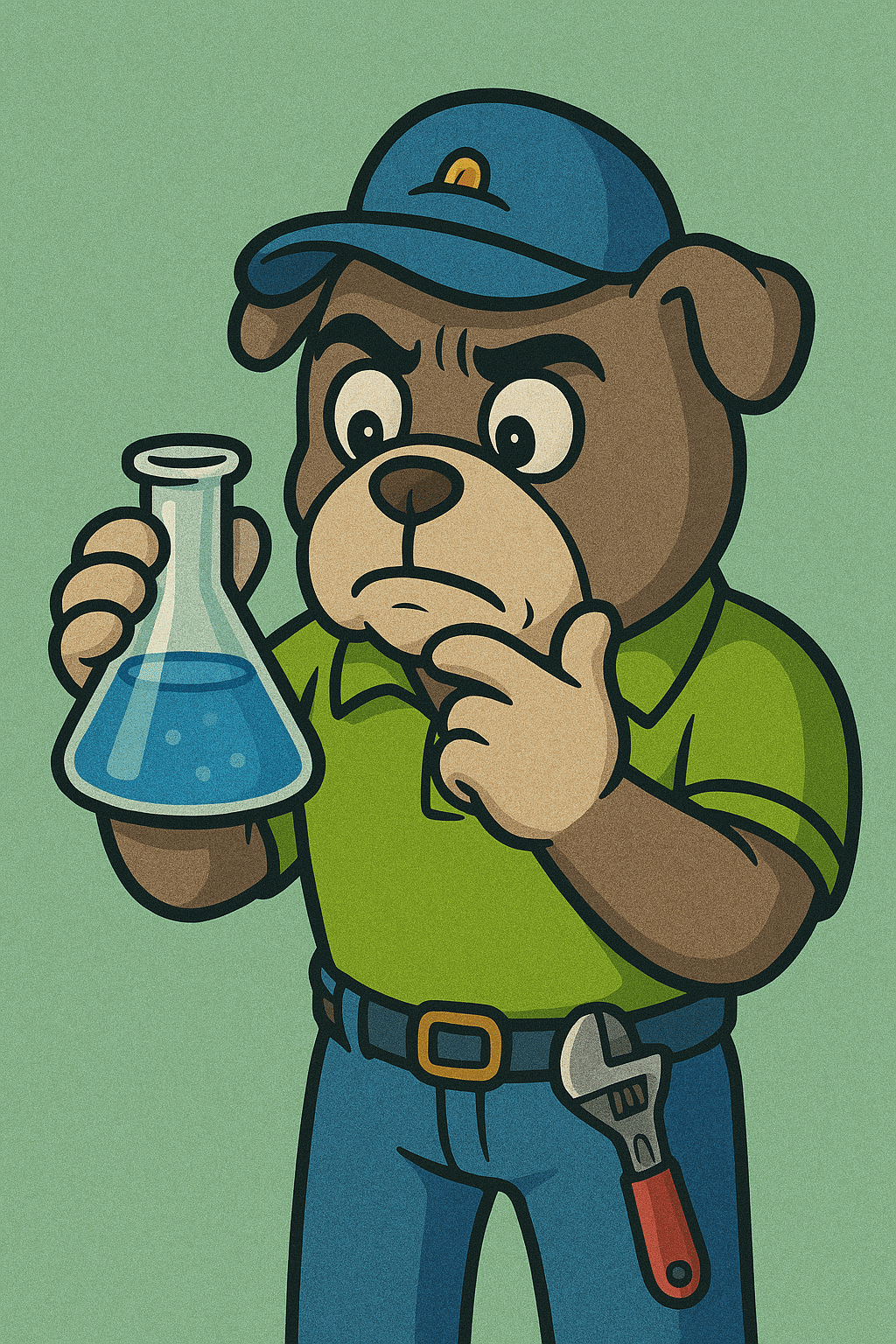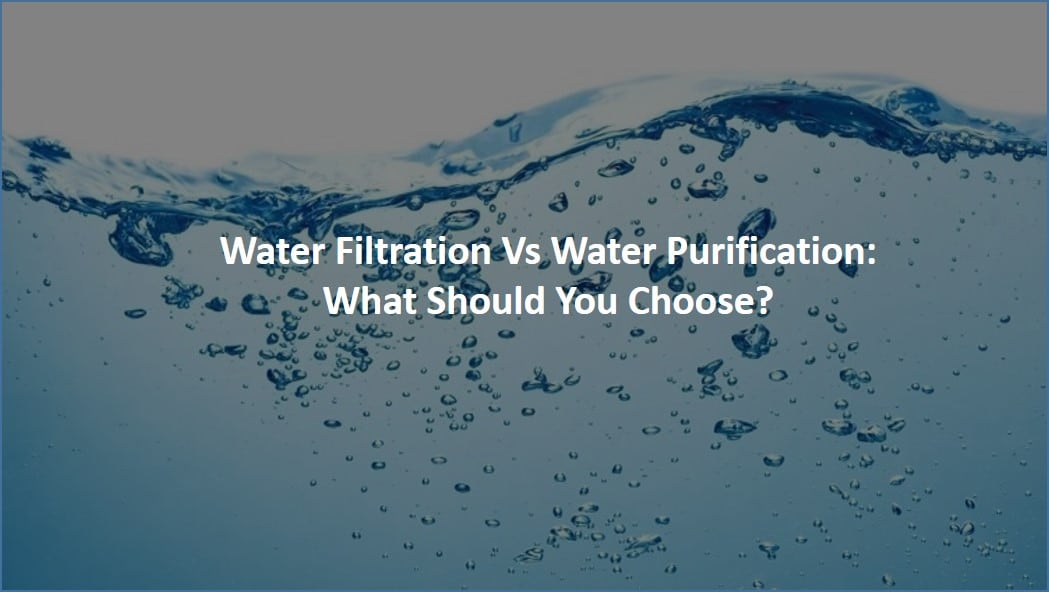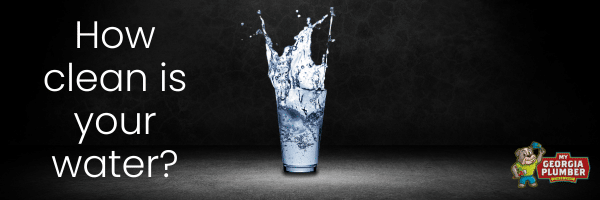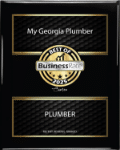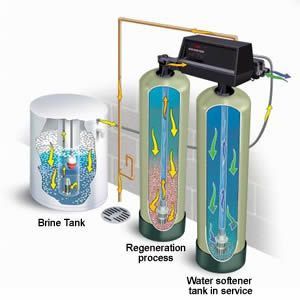
Hard water causes issues in many homes. If you notice water spots on dishes, soap scum in sinks, or scale on your faucets, your home likely has hard water. A water softener can fix these problems, but how do they work?
What Is Hard Water?
Hard water contains minerals like calcium and magnesium. Though harmless to your health, these minerals can damage plumbing and reduce appliance efficiency. Over time, mineral buildup clogs pipes decreases water pressure, and makes cleaning harder.
How Do Water Softeners Work?
Water softeners remove calcium and magnesium using ion exchange. Here’s a quick explanation of the process:
- Water enters the softener: As hard water flows into the softener’s tank, resin beads, coated with sodium ions, attract the hard water minerals.
- Ion exchange occurs: The beads swap the calcium and magnesium in the water for sodium ions. This softens the water by removing the hard minerals.
- Regeneration cycle: The resin beads eventually fill with hardness minerals. The softener flushes a brine solution through the tank, recharging the beads by washing away the calcium and magnesium.
Benefits of Installing a Water Softener
- Protect Plumbing: Hard water causes scale buildup in pipes, which clogs them and reduces water pressure. A softener stops this damage.
- Extend Appliance Life: Water heaters, dishwashers, and other appliances last longer with soft water.
- Cleaner Results: Soft water helps soap lather more easily, leading to cleaner dishes, clothes, and skin.
Things to Consider
Before installing a water softener, consider these points:
- Salt vs. Salt-Free Systems: Most softeners use salt for regeneration. If you’re worried about sodium, consider a salt-free or potassium-based system.
- Regular Maintenance: Keep your system working by refilling the salt or potassium regularly.
- Local Regulations: Some areas limit water softener use due to environmental concerns. Check with local authorities before installing one.
If hard water is a problem in your home, a water softener can be an excellent investment. Not only will it enhance the lifespan of your appliances and plumbing, but it will also improve your overall water quality. Before choosing a system, consult with a professional to ensure the best fit for your home and water conditions.
What’s Really in Your Tap Water? How Whole-House Water Filtration Protects Your Health and Your Plumbing
Cleaner Water for Your Family. Longer Life for Your Plumbing. One Smart System. Your tap water might look clear—but have you ever wondered what’s actually flowing through your pipes? Whether you’re on city water or a private well, most water sources contain a mixture of chemicals, minerals, and contaminants that you probably wouldn’t choose to...Continue reading→
Water Filter Vs. Water Purifier: Understanding the Difference
Is Water Filtration the Same as Purification? Let’s Clear Things Up When you start digging into ways to improve your home’s water, you’ll probably run into two big words right off the bat: filtration and purification. And at first glance, they might seem like two ways to say the same thing. They’re not. Let’s walk...Continue reading→
Why You Need a Water Filtration System
Why a Whole-House Water Filter Actually Matters (Especially Around Atlanta) We get it. Water filters don’t exactly sound exciting. But if you’ve ever taken a sip from your faucet and wondered why it tastes like a public pool, or watched your appliances struggle with buildup, it might be time to start paying attention. The truth...Continue reading→


